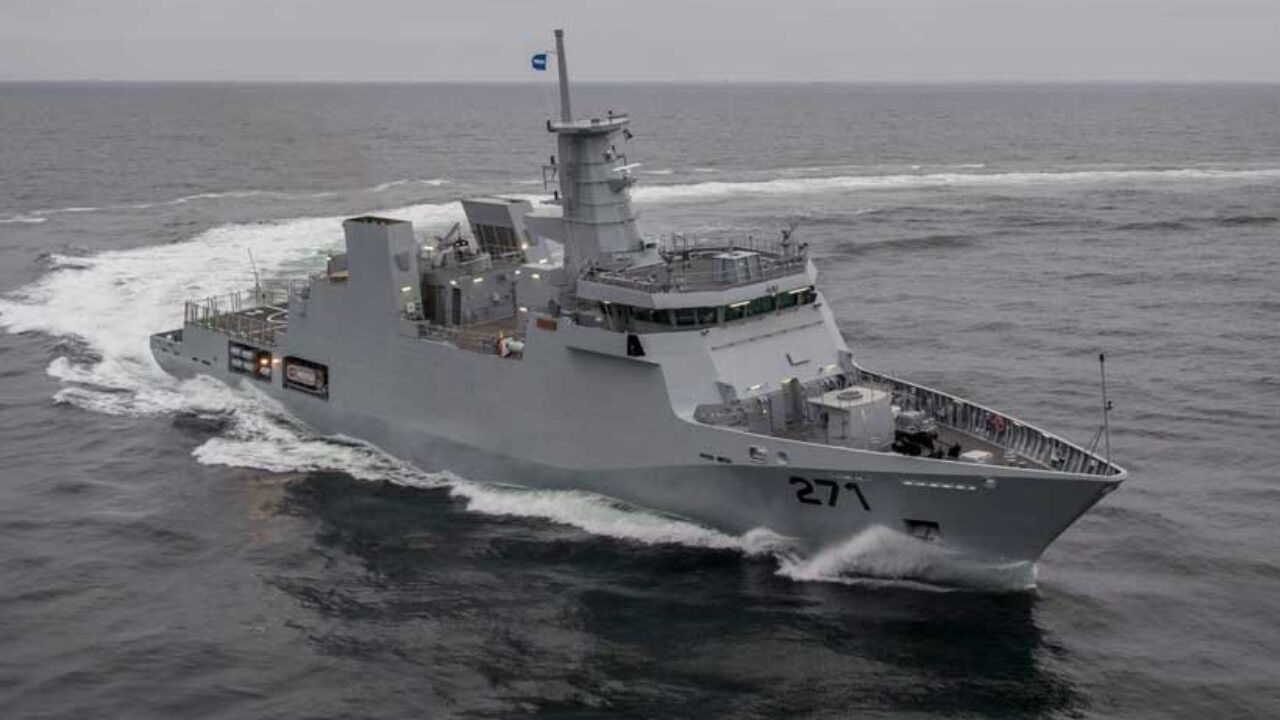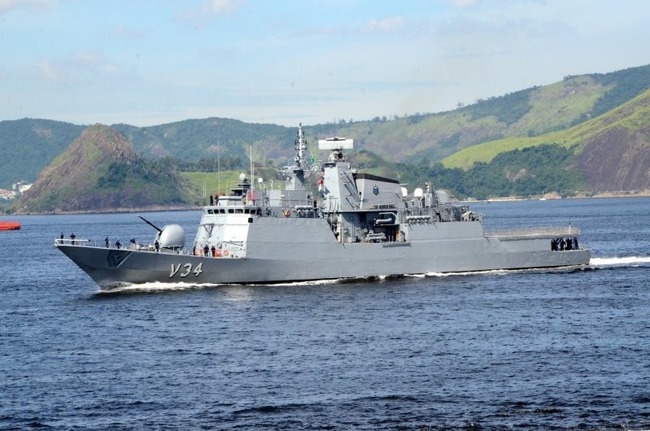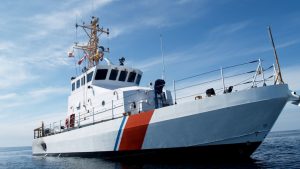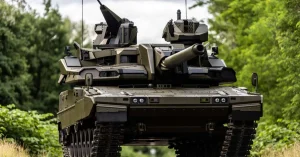Security Missions: Lebanon’s Naval Fleet Expansion
Recently, the Lebanese Naval Chief talked to the defense news website and shed light upon various plans of Lebanon in terms of Naval Fleet Expansion. On development programs, the Naval Chief said that the Navy is functioning on multiple developing programs. For example, the project to develop the radar network to enhance our capabilities in monitoring Lebanon’s body of water is implemented in several phases. Two phases were previously implemented, and therefore the third and fourth phases remain. Phase 3 includes the event of the knowledge transmission network and, therefore, the installation of higher-capacity radars also as thermal cameras.
Phase 4 involves opening offers and obtaining approvals, including installing panels to get electricity from solar power rather than generators and constructing new buildings for radar surveillance along the Lebanese coast. He further added that Lebanon is additionally performing on a project to create a replacement naval base in Beirut, which incorporates a replacement building, a kitchen, a variety of workshops, and modern infrastructure. The coordination and specifications phase has ended, and therefore the foundation stage has begun. This project is predicted to be completed within a year. As for the development of infrastructure, the work was divided into two phases: the primary includes providing berths one and a couple of with advanced infrastructure, and therefore the second phase includes all berths at the Beirut Naval Base, where a replacement electricity network and a complicated firefighting system are going to be installed.
There is also a project to create a search-and-rescue center within the Beirut Naval Base. Its objective is to develop the military’s capabilities concerning maritime search and hold out rescue operations for people, boats, and ships. Adding to the present, our projects include establishing a replacement building affiliated to the navy school, which cares with training the apprentices of the naval force’s officers. From the start of the safety and military aid program between the American and Lebanese armies, it’s been agreed that this assistance will include the naval force to boost operational readiness. Lebanon Navy has received a donation from the U.S. during this context, which is eighteen rigid hull inflatable speed boats within the SAFE 44 variant.
Lebanese Naval Capabilities:
On the question about maintaining security along the Lebanese coastal line, he said that the Lebanese Navy is the only force capable and authorized to increase the authority of the state within the Lebanese body of water and coast. During this context, it’s completing a series of sensitive and simultaneous missions, despite its currently modest capabilities, which we hope to develop within the future in compliance with the upcoming tasks at the national level, especially with reference to gas extraction from Lebanese waters. The most important tasks we are currently completing are monitoring the trade fleets by inspecting suspicious ships; monitoring fishing boats, and implementing marine fishing law in coordination with the Ministry of Agriculture; combating smuggling of all types — goods, weapons, contraband, illegal immigration; search-and-rescue operations; and combating marine pollution.
The Navy conducts periodic exercises with all the naval units involved within the international UNIFIL, including Indonesia, Bangladesh, Germany, Greece, and Turkey. It also carries out mutual drills with the French Navy upon the latter’s visit. It also holds joint exercises with the U.S. Navy, like Operation Deep Horizon, which aims to support naval and Special Forces capabilities related to naval interceptions and to handle uncooperative ships. The annual joint exercise Resolute Union, which was administered this year from May 17 to May 28 with units of the U.S. and Jordan, simulated the task of raiding a ship under the control of a terrorist organization and taught forces the way to eliminate terrorists while preserving innocent lives.
Procurement Plans:
The Lebanon Navy is in the process of getting 7 offshore patrol vessels, including 4 with French assistance and 4 Protector-class OPVs that will be accounted for in U.S. aid. The French ships aren’t a part of that country’s military assistance to Lebanon, he added. Still, they’re going to be financed through a loan from France per the Rome 2 Conference, a 2018 ministerial meeting in Italy in support of Lebanon’s soldiers. France is predicted to open a credit line of 400 million euros (about $488 million) to permit the Lebanese government to get French military equipment.
“In reference to the specifications and price of those vessels, we are still negotiating them, and that we hope to succeed in an agreement soon,” Dannaoui said while responding to questions. In early May, the U.S. Department of Defense notified Lebanon of planned delivery in 2022 of the three Protector-class patrol boats. The ships will help in tackling regional threats and keep maritime ways secure, the U.S. The State Department said May 21, during a statement after the primary Defense Resourcing Conference, to discuss deepening the two countries’ security collaboration.







